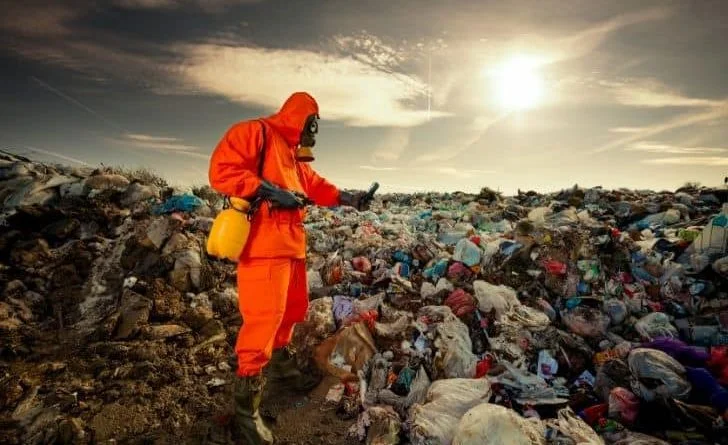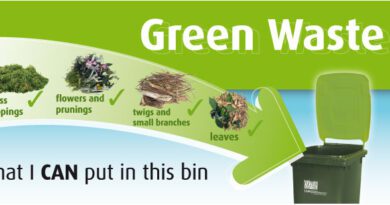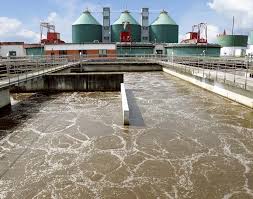Best Waste Materials Management Practices
When you heard about waste materials management, what first came to your mind? How waste materials can be effectively managed and useful to the environment. However, we are all producers of waste, ranging from general waste to hazardous waste.
Before the initiative of managing waste materials, humans believed that there were no values left in waste. They believed that once a material becomes waste, it is no longer useful to its owner as well as the public, so it is better to dispose of it. Yet, we still follow the improper methods of disposing of these waste materials.
So, this blog article explains the best ways you can effectively manage your waste materials.
There are many ways to manage waste materials effectively. Some of the best waste management practices include:

1. Reducing the amount of waste produced:
This can be done by recycling and reusing materials instead of throwing them away in landfills. The reduction of waste by recycling is one of the most effective ways to manage these waste materials in the world. However, not all materials are meant to be recycled, which is why they are reused.
Here are some of the best practices involved in reducing the amount of waste produced: Composting, recycling, incinerating, and donating them to thrift or charity organizations if possible.
Read Also: Recommended Hazardous Waste Disposal Practices
2. Separating different types of waste:
There are a lot of waste materials in the world and separating them to see the ones that are useful, and recyclable, and being able to donate them to thrift stores or charity stores is also a great way to manage your waste materials. Additionally, this also helps to make recycling and disposal more efficient.
3. Composting Organic Waste:
Composting is regarded as a situation where organic waste can be used as fertilizer instead of disposing of it in landfills. The composition of organic waste is time-consuming, but it’s also the best when it comes to managing waste materials.
So, these are just a few of the best waste management practices. By implementing these practices, we can help to reduce the amount of waste produced and make sure that it is disposed of in the most efficient way possible. However, there are other things we should take into consideration when managing waste materials.
1. Have a clear understanding of the waste generated. It is important to have a clear understanding of what types of waste materials are generated by your house, business, or organization. There are different types of waste materials out there, and these waste materials have their own disadvantages and advantages to the environment.
Read Also: Guide to Proper Management of Solid Waste
For instance, hazardous waste materials. These waste materials are harmful to the environment, animals, and humans. The improper disposal of this waste would cause a lot of damage to society.
This means ensuring that hazardous materials are properly disposed of and that other materials are recycled or reused where possible. It is also important to ensure that waste is not simply dumped in landfills, where it can leach into the environment and cause pollution.
2. Develop a tracking system. You will need to develop a system for tracking and monitoring waste materials. This will help you to identify patterns and trends in waste generation in order to effectively manage your waste materials.
Having a clear understanding of the waste materials generated and developing a tracking system will help to know how best to manage them.
Read Also: Top 10 Waste Management Industries around the World
Read Also: Meaning of Balance Sheet – Format, and Example
For further questions or other contributions, kindly use the comment box provided below for all your contributions.




